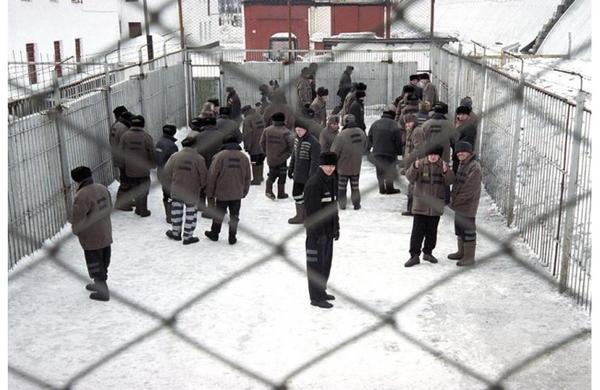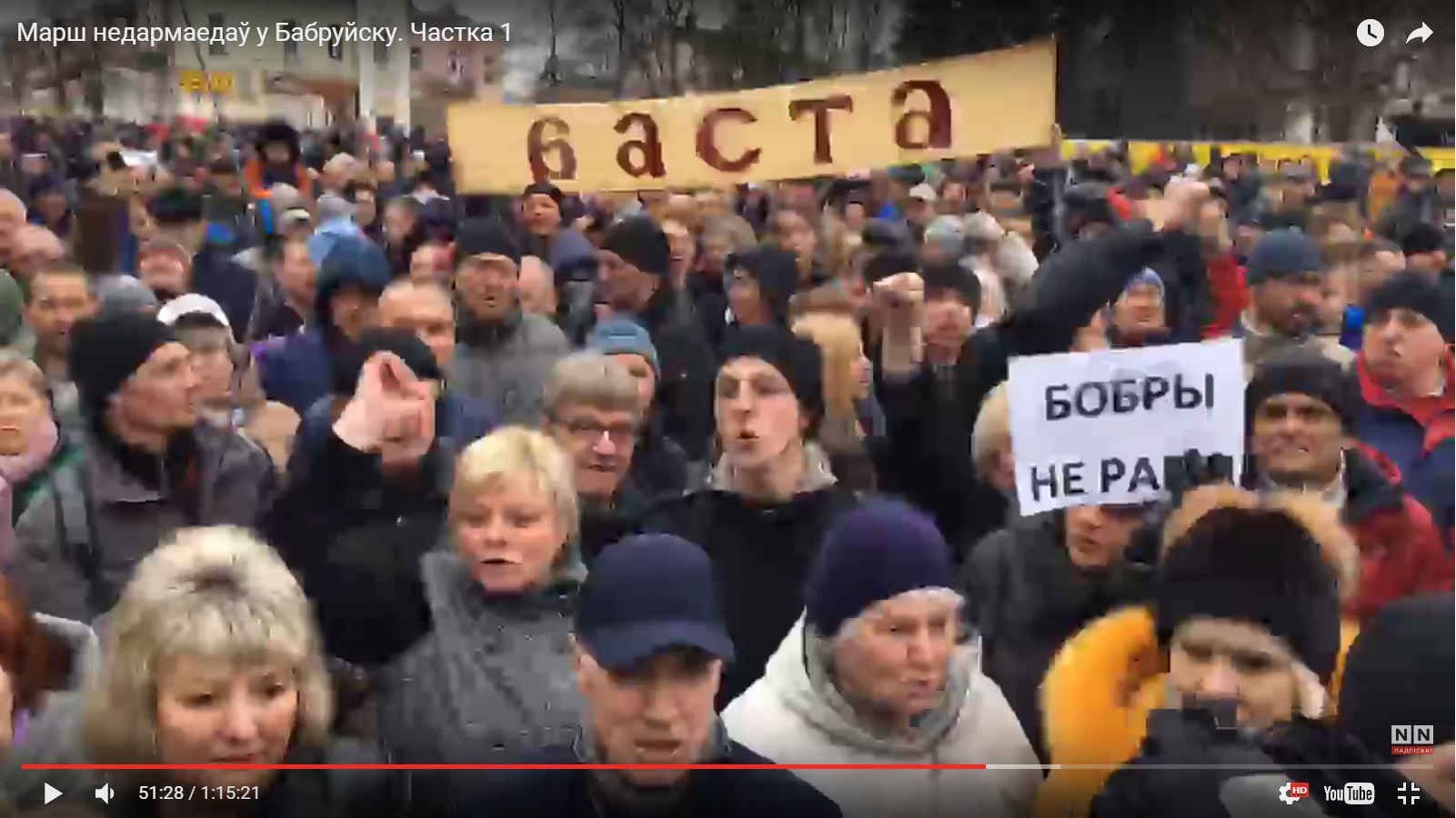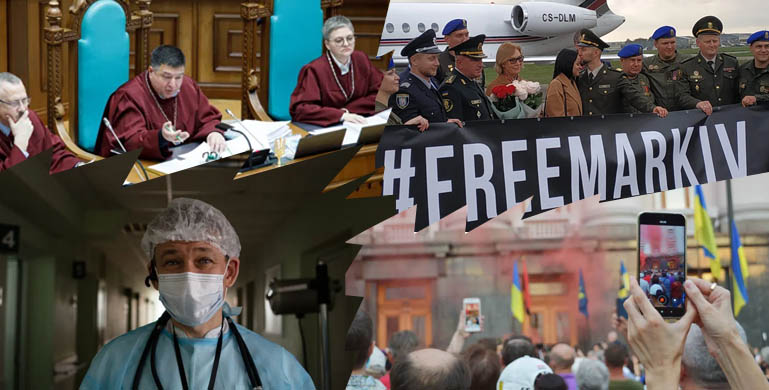Russian foreign policy, Igor Eidman says, “consists of a bizarre mix of the traditions of a corrupt bureaucracy and a criminal world.” Europeans and others in the West need to recognize this; otherwise, they will discover that how they understand Putin is very much at odds with how he understands himself.
“One and the same thing has for the Kremlin and for Europe diametrically opposite meaning,” the Russian sociologist and commentator of Deutsche Welle says. That can be easily seen if one considers several examples:
- Case 1: “Putin is systematically late and forces his foreign colleagues to wait for him.” Europeans view him as “uneducated, not a businessman and simply a lout.” But he and Russians more generally are certain that “a boss is not late but only delayed. If world leaders wait for Putin, that means he’s tough. By being late, he has symbolically denigrated them and shown he’s on top.”
- Case 2: “Putin systematically lies and deceives his Western partners.” For Europeans that means he is a liar and his word cannot be trusted.” For Putin and other Russians, in contrast, it means that he is “simply an intelligent man who treats his enemies as suckers. Were he to do otherwise, they would overwhelm him.”
- Case 3: “Putin threatens and blackmails his partners. Europeans think he is “insane,” but for Russians, that means he is “a tough guy” because “in the world everything is decided by strength and let them all fear us.”
- Case 4: “Western politicians are inclined to compromise and try to reach agreements with Putin.” For Europeans, those who try to do so are good guys because “politicians must be flexible and willing to compromise.” But for Russians and Putin above all, that means they are “weak and cowardly” because “to make concessions is to be weak. We will never retreat.”
According to Eidman, “Europeans do not understand” that Putin is seeking to defeat them by confusion, disinformation, fear and so on. And they clearly don’t recognize that “if instead of waiting in humiliation for Putin to show up, they would simply have a photograph taken without Putin being present.” That alone would “prevent him from using that humiliating tactic again.”
![The front and back views of the grave stone of Putin's wrestling coach and, as now being revealed, one of the city's top criminals at the time Leonid Ionovich Usvyatsov who spent 20 years in prison and reportedly helped Putin get admitted to the Leningrad State University using his connections. Putin mentioned about him in his memoirs called "From the First Person" without using the coach's surname (for reasons now becoming obvious). As the engraving states, Usvyatsev himself composed the epitaphs for his grave stone. [Translator: Please note that in the original Russian the epitaphs crudely rhyme, but the translation did not attempt to reproduce rhyming prioritizing accuracy instead. ] The epitaph on the front panel says: "A grave and on the grave there is an epitaph: 'I am dead, but mafia is immortal.'" The back panel is engraved with the following epitaphs: "Hooray! I finally died!!! All of my life I worked for broads like a slave. Now I won't spend a kopeck on this liver sausage anymore." "I gave her my two final bangs and then was carried away on a hearse." "Let's drink to all of us, for the curtain will fall soon." (Image: openrussia.org)](http://euromaidanpress.com/wp-content/uploads/2015/12/4bbcb9a683811-1024x701.gif)
Further Reading:
- Kremlin’s censorship of Shenderovich interview spotlights Putin’s mafia connections
- Yakovenko: Putinist fascism – not an ideology but a set of criminal ‘understandings’
- How the Kremlin influences the West using Russian criminal groups in Europe
- Criminal world customs increasingly inform Moscow’s actions, Yakovenko says
- Putin regime was a criminal one long before Crimea the doping scandal shows
- Moscow spy services said deploying Russian criminal world against Ukraine
- Chekist regime and criminal world in Russia now ‘completely coincide,’ Portnikov says
- Putin’s language doesn’t threaten Russia’s neighbors but does threaten Russia, Shchetkina says





